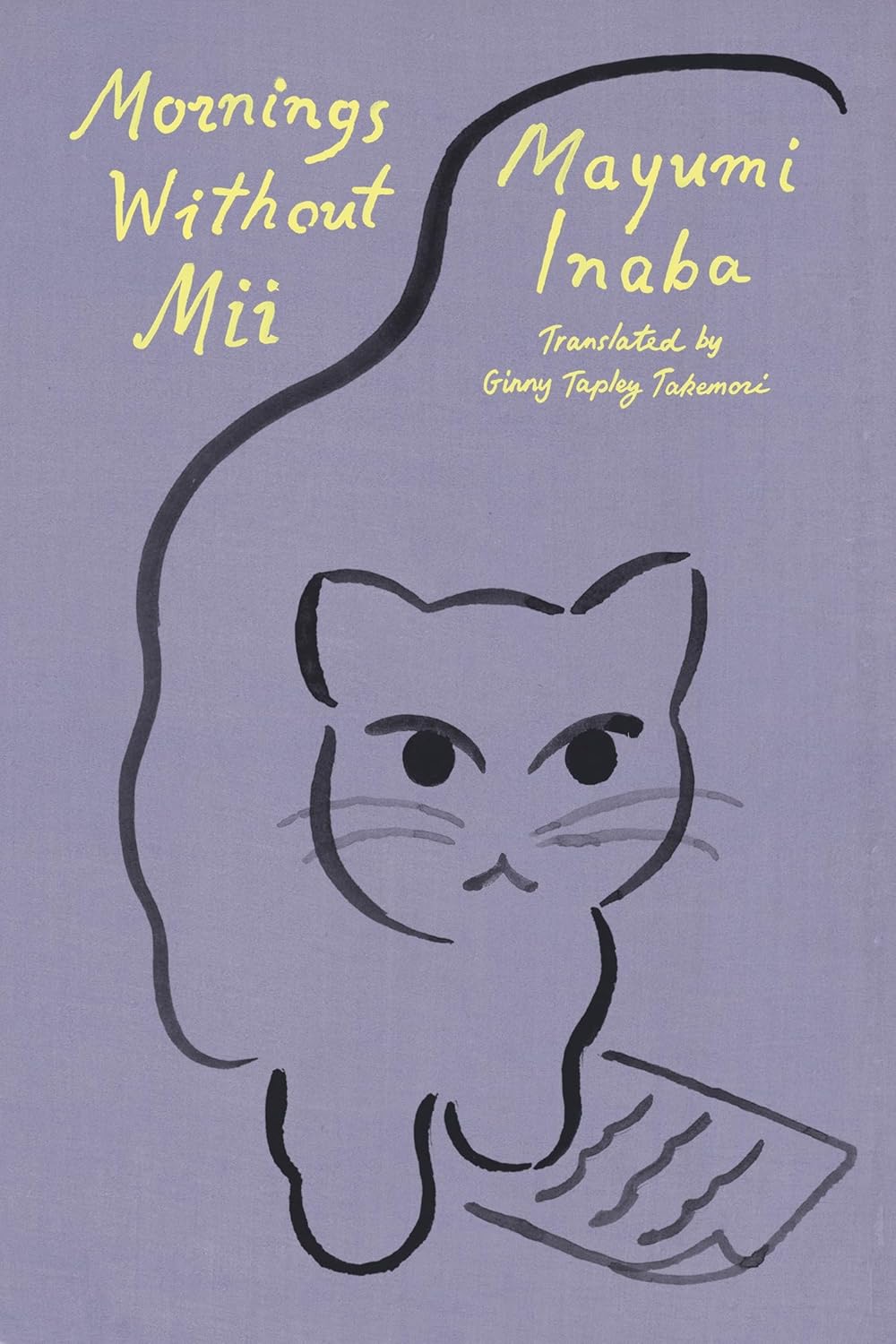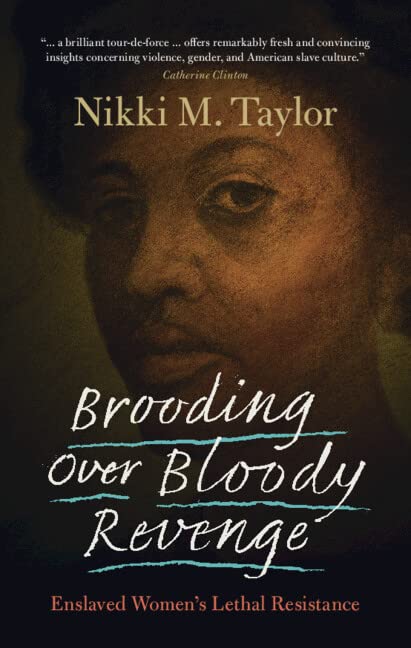Mornings Without Mii
- By Mayumi Inaba; translated by Ginny Tapley Takemori
- FSG Originals
- 192 pp.
- Reviewed by Ellen Prentiss Campbell
- March 11, 2025
A sincere, sometimes irritating ode to a feline companion.

Mayumi Inaba’s Mornings Without Mii is a memoir of the author’s 20-year relationship with her cat. Originally published in Japan in 1999, the book now appears posthumously in English translation by Ginny Tapley Takemori. Inaba (1950-2014), winner of both the Kawabata Yasunari Prize and the Tanizaki Prize, is widely known in Japan for her poetry and fiction. She is one of many under- or untranslated Japanese writers relatively unknown in the U.S. Apparently, her only prior English translation is a short piece anthologized in Tokyo Stories: A Literary Stroll.
It is welcome news that, with Mornings Without Mii, a full-length work has at last been published here. Unfortunately, this debut-by-translation of memoir, rather than the fiction or poetry for which Inaba is celebrated, may disappoint new readers intrigued by the author’s reputation.
Mornings Without Mii is neither a family memoir nor a professional one, although poems written to the cat appear in the narrative, and Inada does allude to her development as a writer (giving substantial credit to Mii as companion more than muse). Instead, this book belongs to the niche category of trans-species memoir: an homage to love and loss in a relationship between a human and an animal.
Inaba found Mii as an abandoned feral kitten. Over the years, the cat became an exclusively indoor pet, confined to their small apartment. Nonetheless, for the author, Mii never lost a quality of mysterious, internal wildness, perhaps similar to Inaba’s own “stubborn” pursuit of solitude. In this way, Mornings Without Mii is reminiscent of — though pales in comparison to — such animal-centric memoirs as H Is for Hawk by Helen Macdonald, Ring of Bright Water by Gavin Maxwell, and Seal Morning by Rowena Farre.
There are only two primary characters: Inaba and Mii. Others — including the author’s husband, relatives, acquaintances, neighbors, vets, and a cat-sitter — make only brief appearances. In 1977, Inaba rescues the kitten “stuck in the fence of a junior high school on the banks of the Tamagawa River…in Western Tokyo.” Soon after she takes it in, Inaba and her husband lose their rental house. The author’s attachment to people feels thin, but her attachment to homes is intense:
“Houses are strange. Inside they have voices, a sense of presence.”
The loss of home and the resultant house-hunting in the competitive rental market of 1970s Tokyo (where cats are rarely welcome) churn up more immediate emotional heat than the subsequent dissolution of her marriage. Inaba finally finds a ramshackle rental near a temple and deems it perfect because holes in its walls permit secret tenant Mii independent access to the outdoors.
Inaba’s husband is transferred to Osaka; she charges “headlong into living alone,” choosing separation and then divorce. Her priority? Remaining in Tokyo with Mii. The author mentions dalliances; Mii has boyfriends. For a time, Inaba drinks to the point of blackout, but “what was comforting for me was Mii waiting patiently in the dark.” She and Mii continue to bond:
“Had she been human, she would have grumbled and clashed with me, but she didn’t say anything and nor did I…maybe the fact we couldn’t communicate in words cushioned us and kept things calm between us.”
Inaba writes with increasing diligence and begins to enjoy professional success. Even so, she again loses her lease. Nothing she can afford will accept a cat, but Inaba manages to buy a tiny apartment in the Shinagawa neighborhood, where she lives for the rest of Mii’s life.
As the author’s work and reputation flourish, she alludes to outside life and interests, yet the narrative maintains an almost exclusive focus on the cat. Inaba recounts the daily rituals of their shared claustrophobic existence through a composite of vivid vignettes, some like real-time journal entries, some in retrospect. But as Mii ages and declines, the author’s absorption with the cat’s health and bodily functions — pages are devoted to her painstaking efforts to relieve Mii’s constipation — becomes obsessive and repetitive. Both her actions and the documentation of them almost seem an invasion of the animal’s privacy.
Finally, Mii dies. (Or is it that, finally, Inaba lets her die?) A remarkable and affecting passage describes the cat’s cremation. Afterward, in accordance with ritual, Inaba sorts through bone and ash with chopsticks. She then returns to the site of their first home to scatter Mii’s cremains.
Throughout the memoir, particularly in the conclusion, Inada’s writing reflects her determination — and desperation — to hold onto Mii both in life and in memory. Sadly, and possibly unintentionally, the book also bears witness to the difficulty of letting a loved one go and to how punishing the denial of the inevitable can become for the dying. It seems a further sad irony that with Mayumi Inaba herself now gone, an echo of her voice only comes to us through this reflection on her fiercely loved, fiercely held cat.
Ellen Prentiss Campbell’s collection of love stories is Known By Heart. Her story collection Contents Under Pressure was nominated for the National Book Award, and her debut novel, The Bowl with Gold Seams, won the Indy Excellence Award for Historical Fiction. Her novel Frieda’s Song was a finalist for the Next Generation Indie Book Award, Historical Fiction. Her column, “Girl Writing,” appears in the Independent bi-monthly. For many years, Campbell practiced psychotherapy. She lives in Washington, DC, and is at work on another novel.

